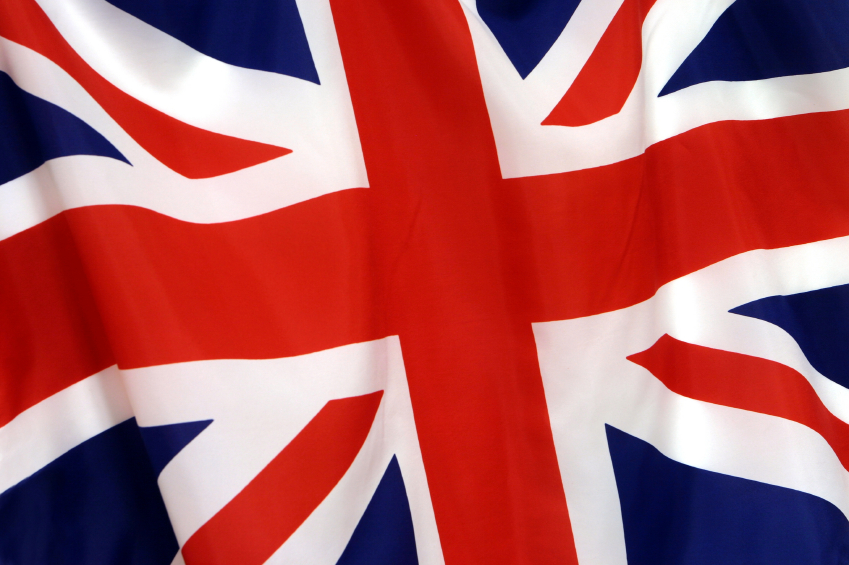The U.K. may have just implemented a carbon tax. “Whuuut?” you’re asking. Seriously. And it’s kind of a funny story.
The Carbon Reduction Commitment, developed by the U.K.’s Department of Energy and Climate Change, is a scheme whereby the nation’s 5,000 or so largest commercial energy consumers will be charged a fee for carbon emissions. Originally it was intended to be revenue-neutral — the money from the fee was to be returned to participants; businesses that increased energy efficiency the most would get proportionally more money back. In effect the scheme would have operated like a feebate.
However, the department just abruptly announced that the revenue from the program won’t be returned to participants after all:
“Revenue raised from the CRC Energy Efficiency Scheme will be used to support the public finances (including spending on the environment), rather than recycled to participants,” the statement said.
The spending review document confirmed that the move would raise £1bn by 2014/15 to help tackle the deficit.
What was a feebate has become a carbon tax that pays into the general fund, primarily to pay down the deficit.
Who knows what will happen, whether the businesses in question can generate enough backlash to force the government to reverse itself. But the episode holds a couple of interesting lessons for the U.S. debate.
Some politically savvy folks I know are convinced that carbon pricing will return to American politics, despite the recent defeat of cap-and-trade, for a simple reason: the U.S. has a problem with its long-term deficit. (Michael Levi briefly references the argument here; see also Brookings here.) As efforts to deal with the long-term mismatch between revenue and spending get serious (or perhaps, if they get serious), there’s going to be a pressing need for new sources of revenue.
Nobody wants to raise income taxes. Nobody wants to raise payroll taxes. One of the only remaining options is some sort of consumption tax. A carbon tax fits the bill. It could raise almost unlimited revenue and while reducing environmental externalities and enhancing energy security. Perhaps the UK’s example might get deficit hawks in the U.S. thinking.
Mind you, as a climate hawk I would have preferred the original revenue-recycling model. A feebate provides a double incentive: businesses work to avoid losing money (the fee) and work to make extra money (the rebate). A carbon tax that goes into the general fund provides only half the incentive, and the negative, punitive half at that. (Economists say fear-of-tax and promise-of-revenue are equivalent but I’m not sure business execs would agree.) With half the incentive, there will be proportionately fewer efficiency gains from the program.
There’s a lesson here for all supporters of carbon pricing: The charge on carbon is only half the battle; the other half is what to do with the revenue. Every supporter of carbon pricing has their own pet scheme for revenue allocation (including me!), but we should all be aware that once there’s a huge new pot of money, there will be enormous incentive for government to appropriate it for whatever purposes serve the most politically powerful interests of the moment. Voters are right to be wary of promises about where the money will go.
It would obviously be preferable if most or all the revenue were returned according to some transparent, stable formula, so it won’t be subject to perpetual political battles and rent-seeking. But governments don’t like to be constrained like that, as the UK is demonstrating. It’s a microcosm of a larger battle that will be waged many places in coming years. Should be interesting to see how it plays out.



